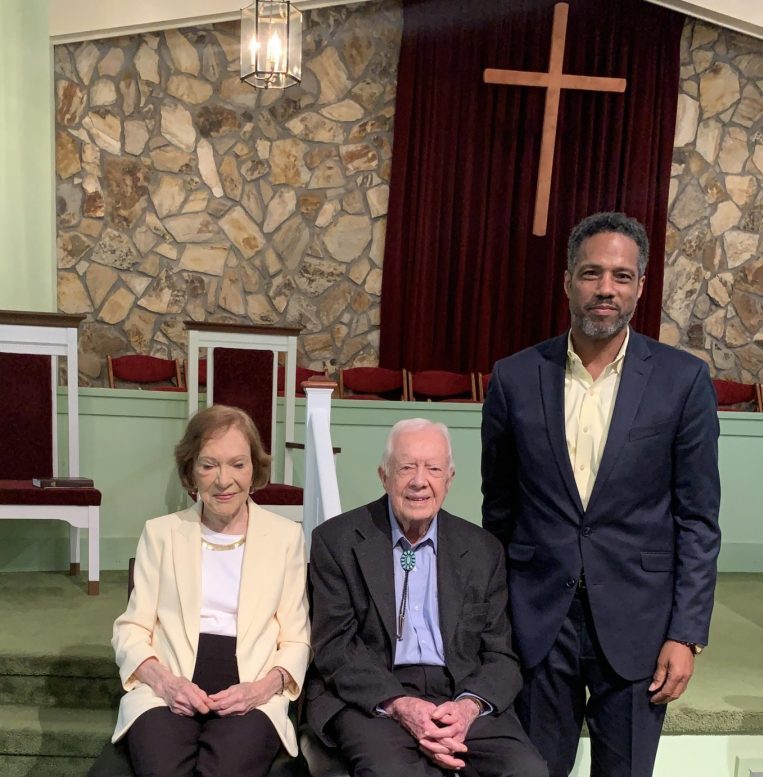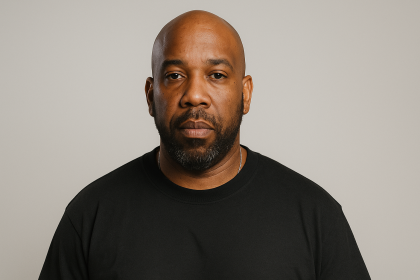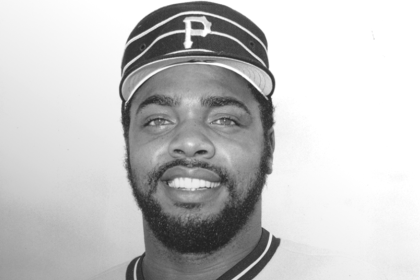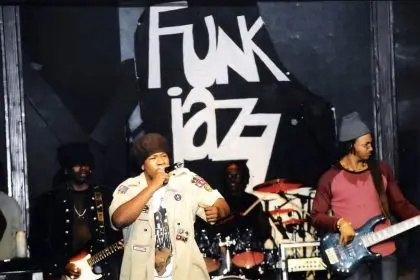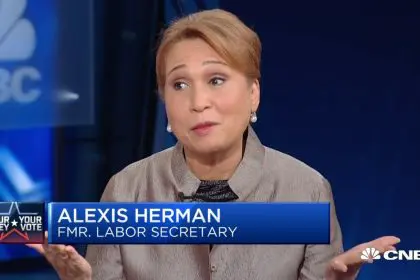Jimmy Carter, the longest-living and arguably the most admired former president in U.S. history, has died. He was 100.
James Earl Carter Jr. died in the same Plains, Georgia, home that he was born, raised, and lived in his entire life after taking over his father’s business as a peanut farmer and storer, the Washington Post reports. White Plains is about 150 miles south of Atlanta. Carter’s passing was confirmed to the newspaper by The Carter Center in Atlanta and by his son, James Earl Carter III.
Carter had been battling a host of medical health issues in his latter years, including a bout with brain cancer in 2015. In February, he decided to end all medical intervention and move to hospice care.
President Carter rises from peanut farm to president
Carter was known as the president who restabilized the country following the explosive and demoralizing Watergate scandal during the Richard M. Nixon administration. After narrowly defeating Vice President Gerald Ford, who took over the disgraced Nixon after he resigned, Carter seemed to settle into the Oval Office comfortably and confidently. He famously negotiated the Camp David peace accords between Israel and Egypt, established formal diplomatic relations with the People’s Republic of China, and transferred the Panama Canal to Panamanian ownership.
However, Carter was beset by a myriad of sociopolitical and economic setbacks including soaring inflation, gasoline shortages and racial tensions. Most damaging to his presidency was the fact that he failed to secure the release of the American hostages in Iran, who were held captive for 444 days, setting the stage for his humiliating landslide defeat to Republican Ronald Reagan in the 1980 presidential election.
“My former boss was humiliated when he lost in 1980; he felt he let himself and the American people down,” David Rubenstein, a young White House staffer for Carter in the late 1970s, told USA Today in 2019. Those works, including his groundbreaking work with Habitat for Humanity, resulted in Carter being bestowed the Nobel Peace Prize in 2002. Carter was also a Sunday school teacher at Maranatha Baptist Church in his hometown of Plains well into his upper 90’s.
Many political pundits and historians do not look back fondly at the Carter administration. But they are in awe of Carter’s work as a diplomat and humanitarian after he left the White House. “He’s never going to be ranked as a great president; he’s middling as a president,” said historian Douglas Brinkley, author of a 1998 book on Carter, The Unfinished Presidency. “But as an American figure, he’s a giant.”
Even Carter seemed to understand fully that he soared far higher as a post-presidential dignitary and humanitarian than he ever did as a one-term commander-in-chief. “I can’t deny that I was a better ex-president than I was a president,” Carter said while letting out a chuckle at a breakfast with reporters in Washington in 2005, according to USA Today.
“For a long time, he was basically the symbol of a weak president and a terrible person. And today, 40-some years later, he’s seen as a very incredible person who has had many good things he did, though he didn’t get reelected,” Rubenstein added.

